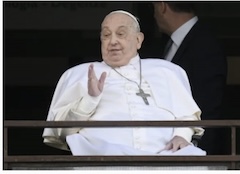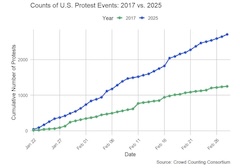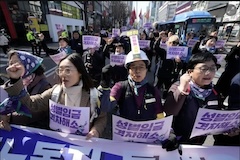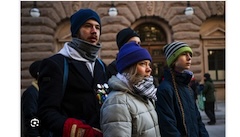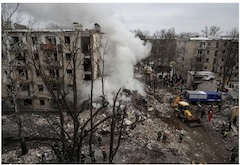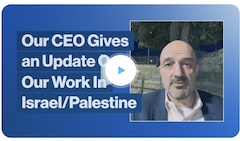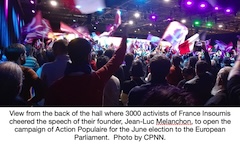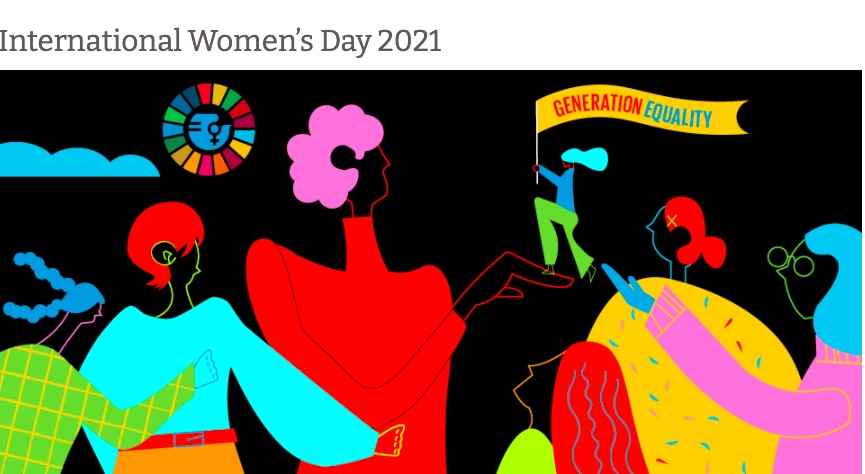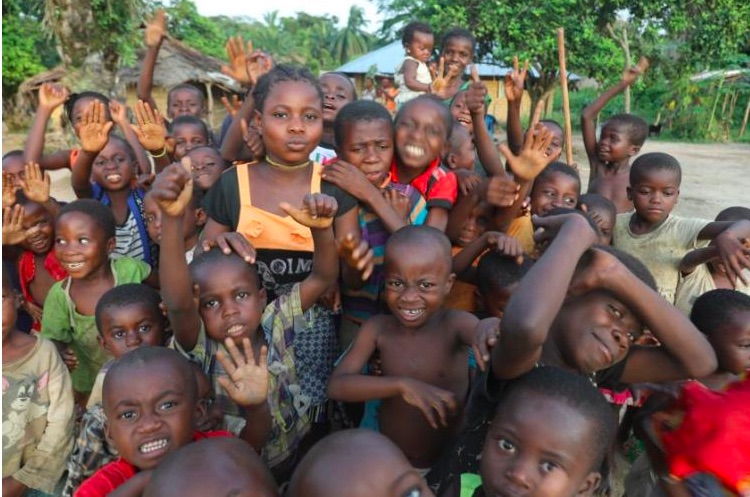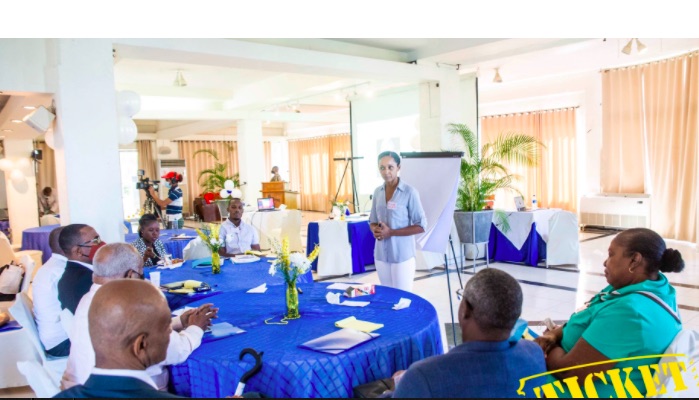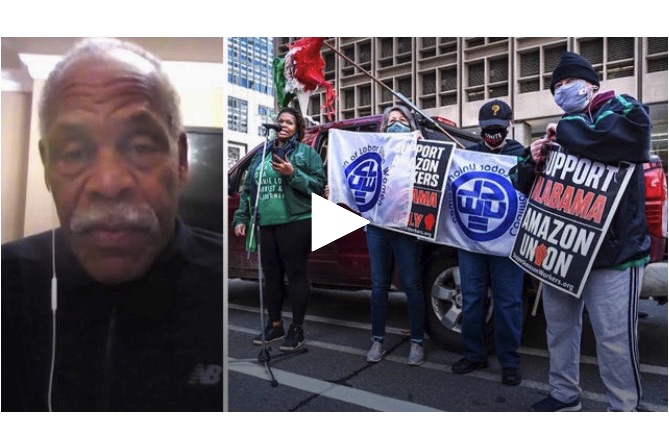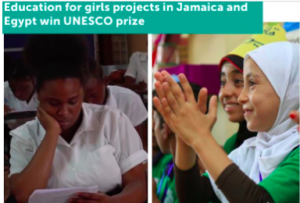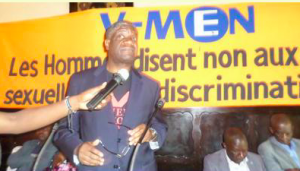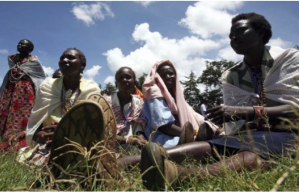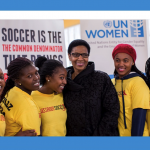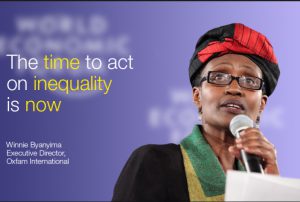A study in 2012 by the NGO Working Group on Women, Peace and Security criticizes the UN Security Council for its inconsistent implement of Resolution 1325 that calls for an increased role of women in peacekeeping and peacebuilding. The full report is available on the Internet on the website of womenpeacesecurity.org.
The working group members are an impressive group of active international NGOs: Amnesty International; Consortium on Gender, Security and Human Rights; Femmes Africa Solidarité; Global Action to Prevent War; Global Justice Center; Human Rights Watch; The Institute for Inclusive Security; International Action Network on Small Arms; International Alert; International Rescue Committee; Refugees International; International Women’s Program of the Open Society Foundations; Social Science Research Council; Women’s Refugee Commission; Women’s Action for New Directions; Women’s International League for Peace and Freedom.
Here is the report’s Summary of Findings
General trends in the Council over the last 12 years have shown significant development, including in the language and expertise on women, peace and security in resolutions, more expertise available to deploy in terms of gender advisors and women, peace and security, and a more sophisticated understanding of the key issues at the root of this agenda. There is a better understanding of, for example, what it takes to have disarmament, demobilization, and reintegration processes that are responsive to women; security sector reform that is responsive to women; and post-conflict elections that support women candidates and women voter. However, there is inconsistency in the Council’s deployment of that knowledge. There is still a significant disconnect between the content of reports received by the Council, meetings the Council holds, and resolutions it adopts.
There have been a number of positive developments in the Council’s use of women, peace and security-specific language in its policy over the last year. For the first time, for example, the Council used women, peace and security language in its resolution on Cyprus. However, there have also been inconsistencies. The Council’s initial lack of support for women in September 2011’s resolution on Libya was rectified by strong support in its March 2012 renewal. In contrast, initially strong support for women’s role in the Council’s initial resolution 2014 (2011) on Yemen was significantly weakened in its subsequent 2051 (2012) resolution on the country. This all points to the inconsistency with which the Council addresses these issues.
And not all resolutions note nor recognize the existence of the Council’s commitment to women, peace and security. Although there is relatively standard language that can be found in the preambular paragraphs of many country-specific resolutions noting resolution 1325 and subsequent resolutions, some – including those in which women’s participation in peace processes would seem to be of particular importance, like Israel / Palestine – have no mention whatsoever.
As to content, the Council still struggles with how to operationalize particular aspects of the women, peace and security agenda. There remains, particularly in immediate crisis situations, more emphasis on women’s protection issues, including sexual violence, than on ensuring support for women’s roles in ending those conflicts.
Country reports
An ongoing ngowg recommendation is: “In its regular work, the Council should ensure that all country reports and mandate renewals evaluate the level of protection and promotion of women’s human rights, as per Security Council resolutions 1325, 1820 (op 9), 1888 (op 11), 1889 (op 5) and 1960 (op 6, 13). Member States should inquire about any lack of such reporting.” Regrettably, this recommendation is still necessary.
Reports are inconsistent in their fulfillment of these obligations: of 82 country situation reports analyzed by the ngowg, 52, or 63%, address women, peace and security. Reports are often absent information, let alone assessments or recommendations, regarding women’s roles in peace processes or conflict transformation, judicial and security sector reform, or disarmament, demobilization and reintegration programs.
There are good practice examples, however. The reports from Timor Leste consistently include not only a broad spectrum of gender-disaggregated data, but reflected a concerted effort by the mission to provide support to a wide range of women, peace and security issues, and include integrated women, peace and security recommendations. dpko consistently collects gender disaggregated data on mission staff, while unfortunately not consistently providing such data on other relevant institutions, nor recommendations on redressing inequalities. Sanctions reports are also consistent in including information on relevant crimes of sexual violence, but only when mandates include this criteria.
Council meetings
The Council’s meetings are notable for their inconsistent discussion of women, peace and security issues. Of the 97 relevant debates or briefings, 52 meetings, or 54%, contained reference to women, peace and security issues. This is clearly an opportunity for Council members to highlight and discuss immediate concerns for women in conflict areas. This is of particular importance in crisis situations such as Mali and Syria, in which rapidly evolving situations on the ground require women, peace and security attention.
One area in which there seems to be better understanding of women, peace and security matters is on thematic matters, particularly in the Protection of Civilians agenda. In the 9 November 2011 open debate on this issue, for example, multiple speakers referenced women, peace and security concerns.
It is important to note that the Council holds a significant number of closed meetings, in which they receive briefings and discuss matters of key concern to women, peace and security. As there is no record of the content of these meetings and no access for civil society to these meetings, there is no way to determine whether these issues are raised.
Council action
The Council’s output, primarily in the form of its presidential statements and resolutions, are also still inconsistent in their addressing of women peace and security matters. The Council’s record on presidential statements is perhaps most startling. Of the 15 presidential statements on country situations, only 3, or 20% addressed women, peace and security issues. This is particularly notable given that presidential statements are often a means for the Council to respond rapidly to emerging crisis situations, situations in which women are most immediately at risk and simultaneously find it most difficult to make their voices heard.
30 out of 48, or 63%, of the relevant resolutions adopted by the Security Council during the reporting period referenced the women, peace and security agenda. In a positive development, Council members are increasingly including references to civil society in mandates for peacekeeping and special political missions. This support can be particularly important to women’s civil society in situations of conflict, where resourcing and capacity is difficult. Examples of this language for the period under review included Afghanistan, Cyprus, Libya, South Sudan, and drc. There are also examples of key areas of the Council’s core work in which there is good practice on women, peace and security, including support for elections, such as in the mandate for the mission in Timor-Leste and in the mandate renewal for the mission in Libya. There are examples as well for the Council’s language on justice and security sector reform, such as in the resolution on Burundi, which calls for training for security sector actors.
Unfortunately, these examples are not representative. One of the key areas of the Council’s work, and an area in which there has been development women, peace and security work, including in dpko, is in the gender components of disarmament, demobilization, and reintegration programs (ddr). However, there appears to have been a decrease in the Council’s willingness to support women’s engagement in these programs, despite the evidence of the necessity of such engagement. This is a shift from previous years, when the Council supported this work, such as in resolution 1858 (2008) on Burundi and 1739 (2007) on Cote d’Ivoire.



